Speakers
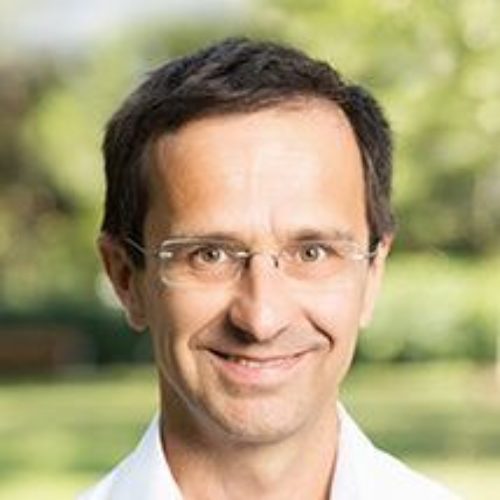
Andreas Novy
Andreas Novy is associate professor and head of the Institute for Multi-Level Governance and Development at the Department of Socioeconomics at WU Vienna. He is president of the International Karl Polanyi Society (IKPS). In 2019 he received, together with Brigitte Aulenbacher, Richard Bärnthaler and Veronika Heimerl, the Kurt-Rothschild-Award for his work on Karl Polanyi. His most recent publications include Local social innovation to combat poverty and exclusion: a critical appraisal (co-eds. S. Oosterlynck and Y. Kazepov (2020, Polity Press), Kari Polanyi: Die Finanzialisierung der Welt. Karl Polanyi und die neoliberale Transformation der Weltwirtschaft (2020, Beltz Verlag; co-eds. M. Brie and C. Thomasberger; German translation of From the Great Transformation to the Great Financialisation), Karl Polanyi: Wiederentdeckung eines Jahrhundertdenkers (2020, Falter, co-eds. B. Aulenbacher, M. Marterbauer and A. Thurnher) and Zukunftsfähiges Wirtschaften (Future-fit Economics) (2020, Beltz Verlag, together with R. Bärnthaler and V. Heimerl).
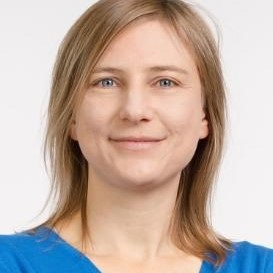
Christina Plank

Colleen Schneider
Board MemberColleen Schneider is a PhD student and research assistant in the Institute for Ecological Economics at the Vienna University of Economics and Business. She has a BA in Physics from UC Berkeley and MSc in Socio-Ecological Economics and Policy from WU. Her research focuses on the political economy of monetary and fiscal policy in a social-ecological transformation. Her current work focuses on the distributional consequences of the European Central Bank’s policy responses to the COVID pandemic. She teaches courses in social ecological economics, and the intersection of money, society and environment. Colleen co-authored a chapter focusing on money and finance in the book ‘Strategies for Degrowth’, and has also worked and published in the field of environmental justice.
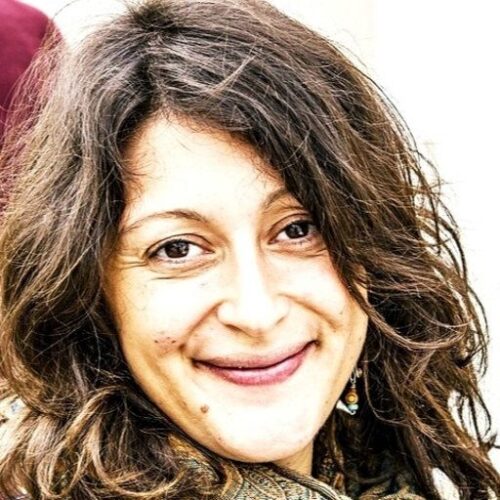
Corinna Dengler
Corinna Dengler works as an Assistant Professor at the Department of Socioeconomics at the Vienna University of Economics and Business (WU Vienna). In 2020, she graduated with a cumulative PhD on what degrowth learns from the feminist critique of science, economics, and growth from the University of Vechta and then transferred to a postdoctoral researcher position at the department for development and postcolonial studies at University of Kassel. Her research focuses on heterodox economics with an emphasis on feminist economics, ecological economic, and global political economy and she is interested in inter- and transdisciplinary work at the intersections of feminisms, decoloniality, and the environment more broadly.
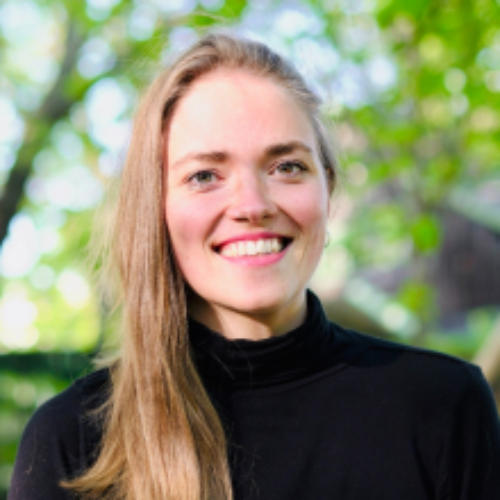
Halliki Kreinin
Halliki Kreinin is an early stage researcher working on the EU 1.5° Lifestyles project since February 2022. She holds a PhD in Social and Economic Sciences (focus: Ecological Economics) while her doctoral research focused broadly on the social-ecological transformation of work, just transition, and environmental labour studies – including the connection between narratives praising work and overconsumption as “the good life” as barriers to transformation. Halliki also holds an MSc in Social-Ecological Economics and Policy, from the Institute for Ecological Economics, WU Vienna, as well as an MA in International Relations from the University of St Andrews, Scotland. Halliki is also a founding member of the Degrowth Vienna society.
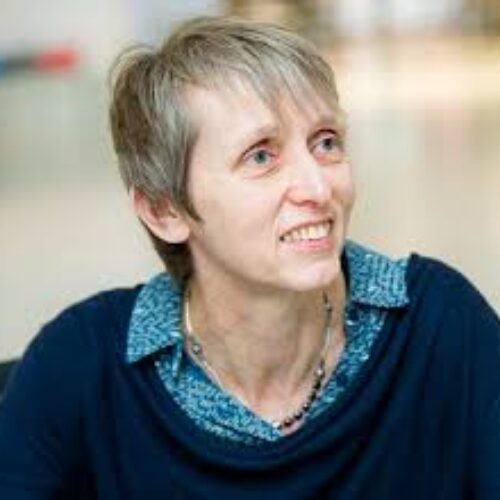
Julie Froud
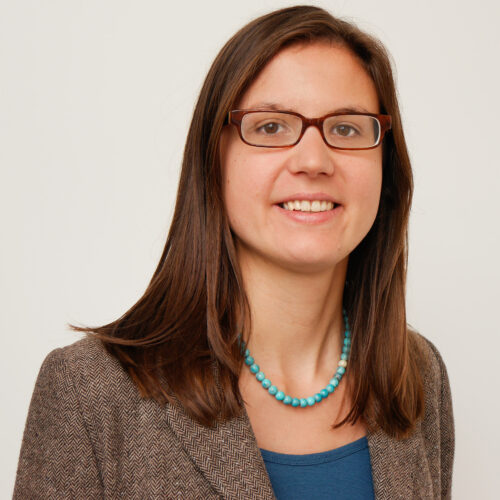
Katharina Bohnenberger
Katharina Bohnenberger is a research associate at the Institute for Socio-Economics at the University of Duisburg-Essen. She studied Philosophy and Economics (University of Bayreuth) and Social Policy (University of Bremen) and has worked in scientific policy advice at the Wuppertal Institute for Climate, Environment, Energy and for the German Advisory Council on Global Change (WBGU). Her current research deals with the integration of environmental and social policy and the development of a sustainable welfare state.
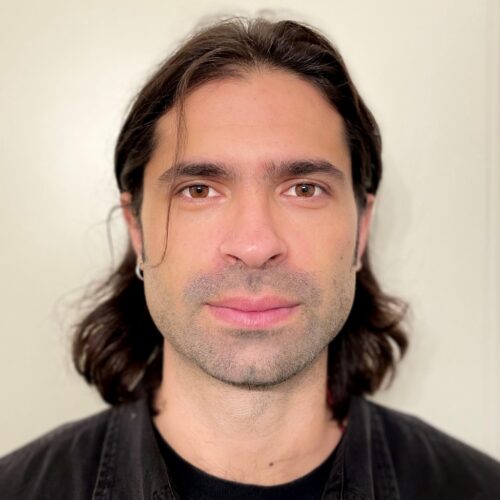
Luca Calafati
Luca is a social researcher with an interdisciplinary background in sociology, anthropology and political science. He work at the intersection between analysis, policy and activism on ecological and social transition(s). Luca has a PhD in Urban Studies from the University of Milano-Bicocca and currently works with the Foundational Economy Collective where he focuses on place-based research with particular attention to ecology and community activism.
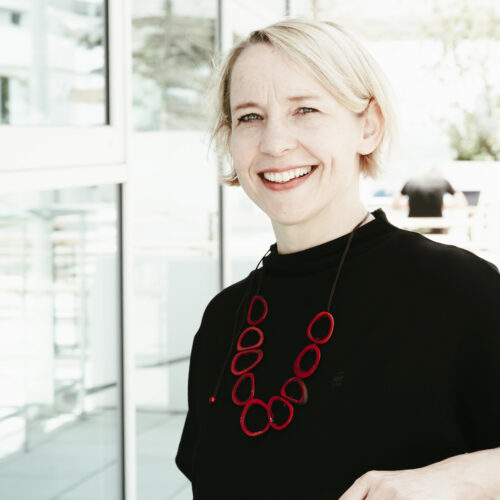
Margaret Haderer
Margaret Haderer obtained her PhD in political science from the University of Toronto, where she wrote her dissertation on political ideologies and housing. Her book Rebuilding Cities and Citizens: Mass Housing in Red Vienna and Cold War Berlin will be published by Amsterdam University Press in 2023. Housing understood as a key site for contesting and institutionalizing societal norms and ideals (e.g. of property, freedom or gender roles) embodies one of her key research interests. More recently, Margaret has turned to environmental questions (e.g. climate change) and (urban) responses to them. From 2018 to 2022 she worked at the Institute for Social Change and Sustainability at WU Vienna on a research project on urban experiments in socio-ecological change, such as smart cities, urban labs, test beds, grass roots experiments, concrete utopias). Studying the hopes attached to scopes and limits of experimental (urban) governance has been her central research focus over the last few years, research she is currently writing on. As of May 2022, Margaret joined the Sociology-Team at TU Wien. Revisiting the housing question in light of pressing socio-ecological challenges is one of the research foci she intends to work on in her new environment.
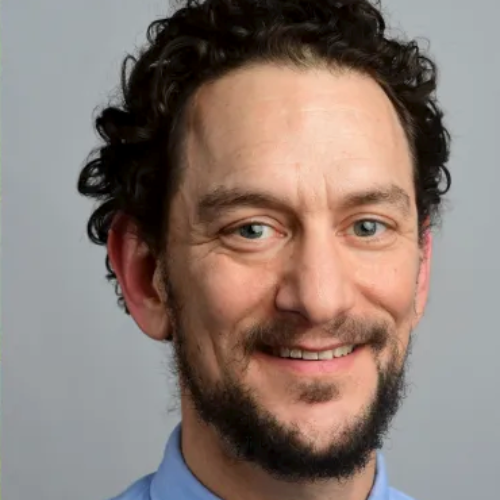
Matthew Noah Smith
Matthew Noah Smith is associate professor of philosophy in the Department of Philosophy and Religion at Northeastern University in Boston, Massachusetts. He works primarily in political philosophy and associated fields. Smith’s recent co-authored book, The Spatial Contract (Manchester 2000), brings research in political philosophy, economics, and urban geography together. He is currently writing a book developing a model of freedom as interpersonal dependence.

Richard Bärnthaler
Richard Bärnthaler is a prae doc researcher at the Vienna University of Economics and Business, Institute for Multi-Level Governance and Development. His research focuses on strategies for a social-ecological transformation. He is a.o. winner of the Kurt Rothschild Award for Economic Journalism and Research 2019, member of the International Karl Polanyi Society and part of the Vienna Foundational Economy Collective.
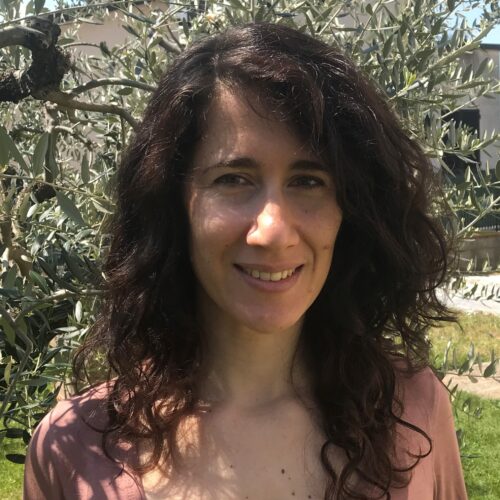
Viviana Asara
Viviana Asara is Assistant Professor in Sociology at the Department of Human Studies at the University of Ferrara (since September 2021) and research affiliate with the Institute for Multi-Level Governance and Development at the Vienna University of Economics and Business, where she was based until 2021. She has a PhD (summa cum laude) in Environmental Science and Technology from the Institut de Ciència i Tecnologia Ambientals (ICTA) of the Universitat Autònoma de Barcelona. Her work has focused on political ecology and environmental politics and governance, more particularly she has under-taken research on democracy, social movements, prefigurative politics, degrowth, commons, social/transformative innovations, and political parties. Her work has appeared in international journals such as Environment and Planning C, Environmental Politics, Environmental Policy and Governance, Environmental Values, Social Movement Studies, Sustainability Science, Democratic Theory, etc. Together with Luigi Pellizzoni and Emanuele Leonardi, she has edited the Handbook of Critical Environmental Politics (Edward Elgar, October 2022). She has published a monograph in Italian in 2020 (“Democrazia senza crescita: L’ecologia politica del movimento degli Indignados”, Aracne Editrice).